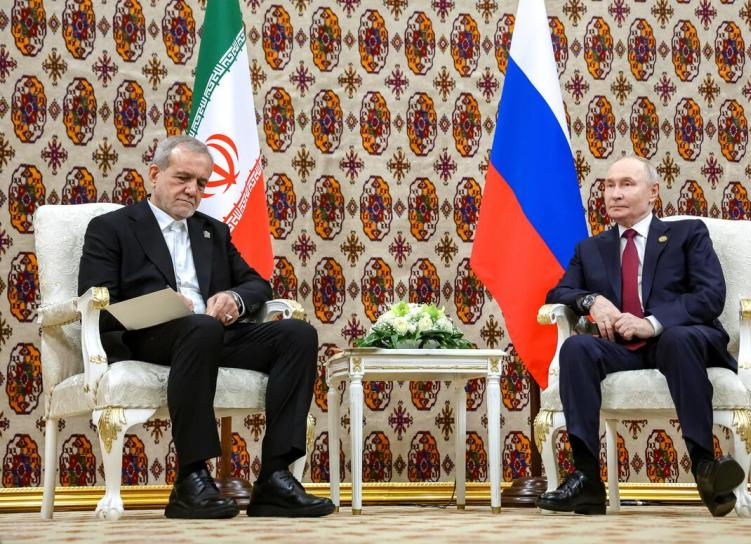
On July 5, 2025, when Elon Musk announced the official establishment of the "American Party" on the social platform X, a political and business war that had been brewing for months finally escalated from a tweet war to a political showdown. The world's richest man, under the slogan of "returning freedom to the people," took aim at the century-old monopoly structure of the two major political parties in the United States. The trigger for all this was the "Big and Beautiful Act" passed three days ago with a narrow margin of 51 to 49. This act eliminated the $7,500 tax credit for electric vehicles and retained traditional energy subsidies, putting Tesla at risk of annual losses of $1.2 billion. Musk angrily denounced it as "fiscal suicide.".
A dramatic fissure from ally to mortal enemy. Just a year ago, Musk and Trump were inseparable political allies. In the 2024 election, Musk spent a whopping $290 million to support Trump's campaign, even at the expense of offending the liberal camp in Silicon Valley. In return, Trump appointed Musk as the head of the Department of Government Efficiency (DOGE), granting him the power akin to that of a "CEO of the federal government." The radical reforms led by Musk resulted in the dismissal of tens of thousands of federal employees and the closure of multiple departments. He proudly declared on social media, "As a straight man, my love for Trump has reached its limit." However, this alliance did not last long before it collapsed abruptly. In May 2025, Trump introduced the $5 trillion "Big and Beautiful Act," ostensibly to continue tax cuts, but in reality, it concealed a threat to new energy vehicles represented by Tesla. The bill eliminated the tax credit for electric vehicles, causing Tesla's cost per vehicle to surge by $3,750; it added a "government contract review clause" that threatened SpaceX's $22 billion NASA contract; and it raised the debt ceiling by $5 trillion, contradicting Musk's commitment to reducing the deficit.
The rift quickly escalated into open warfare. On "True Social," Trump ridiculed Musk for "relying on subsidies to survive and should return to South Africa to herd sheep"; while Musk lambasted the bill for "stuffing money into traditional industries while neutering future industries." When political interests collide head-on with business empires, former allies instantly turn into the most dangerous enemies.
Can the American Party become a political utopia for the tech elite? Musk's founding manifesto is full of idealism, proclaiming to "represent the 80% silent middle ground and break the monopoly of the essentially single party of the Democratic and Republican Parties." Its policy platform seeks to bridge the gap between the left and right wings of America, namely fiscal conservatism and tech radicalism. The establishment of the American Party is not a castle in the air. Musk employs three major weapons in his arsenal to lay a solid foundation for the new political party: capital crushing, pledging to invest $20 billion in start-up funds (5% of his net worth), setting a record in American political party history; precise mobilization of voters through the X platform (220 million users), with the founding poll attracting 1.249 million participants and achieving a support rate of 65.4%; capitalizing on voter dissatisfaction, with Pew data showing that 38% of Americans identify as independents and 70% are dissatisfied with the current political landscape, providing potential ground for a middle-of-the-road approach.
The establishment of a third party in the United States faces immense pressure. Under the "winner-takes-all" system, which is an inertial rule in American elections, Ross Perot received 19% of the popular vote in 1992 but failed to win any electoral votes; in 2000, Green Party candidate Ralph Nader diverted votes and helped George W. Bush win the election. History reveals that American political history is like a graveyard for third parties, with institutional strangulation already firmly in place. What is even more fatal is the inherent contradiction in Musk himself. Born in South Africa, Musk is inherently unable to run for president under the constitutional framework, and his political ambitions are inherently incomplete. As a bourgeois, he has a vague understanding of American national conditions, advocating for free markets while also supporting state intervention, supporting progressive social policies while also advocating fiscal austerity, contradicting his previous propositions. With insufficient capital support, in the battle against Trump, Tesla's stock price under Musk's leadership plummeted by 14.3% in a single day, evaporating nearly $150 billion in market value, revealing the inherent nature of capital relying on power.
The essence of this gamble is the ultimate showdown between technological capital and traditional power. Musk, with his powerful tools of money and traffic, underestimated institutional inertia; Trump, wielding the administrative stick, feared the backlash from capital. Looking deeper, the survival of the American party system is not only about one person and one party, but also a test of the resilience of American democracy - when 38% of "independent" voters have long been ignored by both parties, Musk's experiment is like a stone thrown to test the waters. When Musk pressed the send button on the X platform, he not only declared war on Trump, but also asked: Can democracy break through its own ironclad walls with the help of capital? The answer may not lie in the clamor of tweets, but in the awakening of those 80% of the population who are completely silent about politics.

Russian President Vladimir Putin held a phone call with Iranian President Mohammad Peshizyyan to discuss cooperation between Russia and Iran in areas such as energy and transportation infrastructure.
Russian President Vladimir Putin held a phone call with Ira…
The South Korean political arena has once again been embroi…
On the morning of December 29th local time, the precious me…
According to the US media Barchart, recently, the fluctuati…
On December 29th, Mar-a-Lago in Florida, USA, witnessed a h…
SoftBank Group announced on Monday that it has agreed to ac…